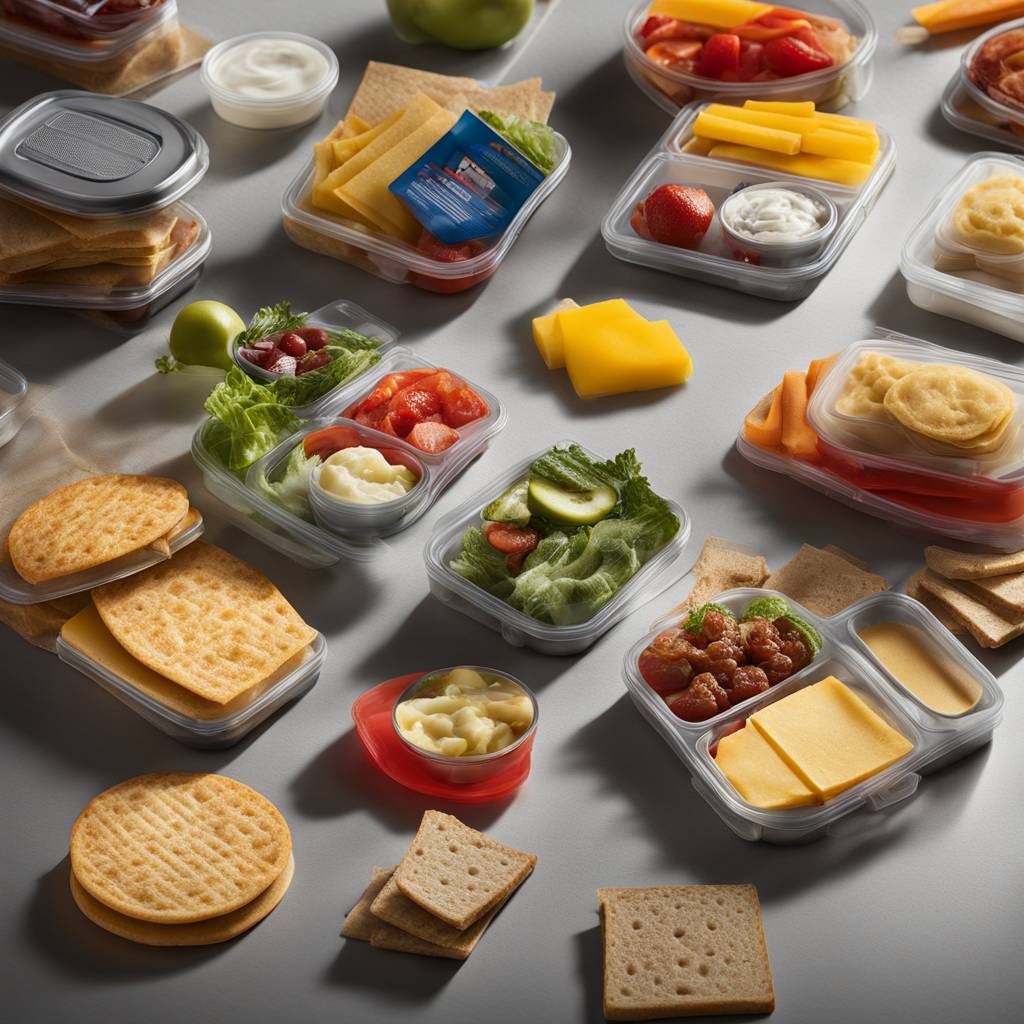Consumer Reports is calling for Lunchables to be removed from the National School Lunch Program due to high levels of sodium found in the versions served to kids in schools. The nonprofit group conducted testing on Lunchables sold in stores and found they contain lead and other heavy metals. The research looked at 12 store-bought versions of Lunchables and similar snacks from other brands and found lead or cadmium, or both, in all of them. Consumer Reports also flagged all lunch kits for their salt content, which ranged from almost a quarter to half of the daily recommended limit for children. Experts warn that these highly processed snacks should not be considered a healthy school lunch option.
Testing by Consumer Reports found lead in three different types of Lunchables — turkey and cheddar with crackers, pepperoni pizza, and cheese pizza — as well as in lunch kits from other brands. While none of the kits exceeded legal limits, five of the 12 products tested contained levels that would expose a person to 50% or more of California’s maximum allowable level for lead or cadmium. The presence of lead and cadmium in these products can cause developmental issues in children over time, according to the nonprofit. Kraft Heinz, the maker of Lunchables, responded by stating that all products meet strict safety standards set by government agencies and that the metals in question are naturally occurring and present in all food products.
Consumer Reports also found that eleven of the 12 kits tested positive for phthalates, chemicals in plastic linked to health problems in humans. The levels of heavy metals found in Lunchables were relatively high given the small serving sizes of the products. However, none of the amounts exceeded legal limits for lead. Lunchables products offered in schools as part of the National School Lunch Program have a specialized recipe to meet program guidelines, incorporating more protein and whole grains while reducing saturated fat and sodium. Kraft Heinz emphasizes that school-approved versions adhere to all USDA standards.
Consumer Reports has launched a petition urging the USDA to remove Lunchables from the National School Lunch Program due to the concerning levels of sodium and harmful chemicals found in the products. In response, the USDA states that it focuses on the overall content of meals rather than individual food items, but notes that schools are required to balance higher sodium products with lower sodium items in meals. Kraft Heinz defends offering Lunchables in schools, stating that they provide affordable and convenient solutions for students while adhering to strict food safety and quality guidelines. The USDA stresses its responsibility to ensure school meals are of the highest nutritional quality for children.
The presence of lead in food can be due to environmental factors, according to the FDA. Lead may be present in food from the environment where foods are grown, raised, or processed. The agency notes that there is no known safe level of exposure to lead and regulates its presence in food. While testing results that detect lead do not necessarily mean the food should be avoided, it is important to consume a balanced, nutrient-dense diet to prevent repeated exposure from a specific food and reduce the effects of contaminants. The FDA recommends eating nutrient-rich foods across all food groups to mitigate any potential risks associated with lead exposure in food.













